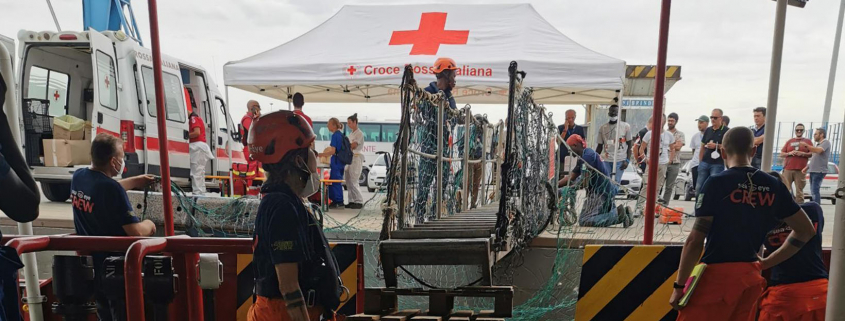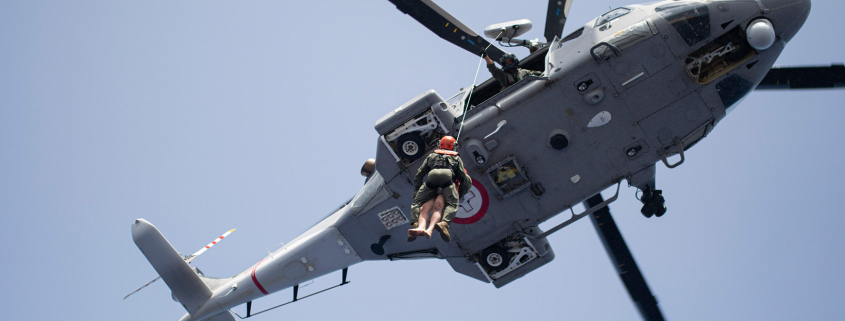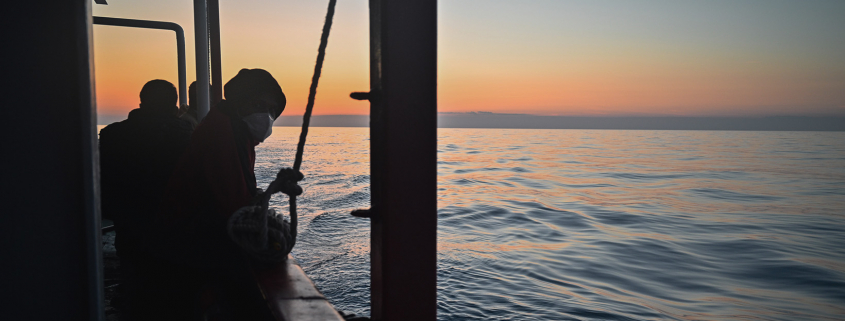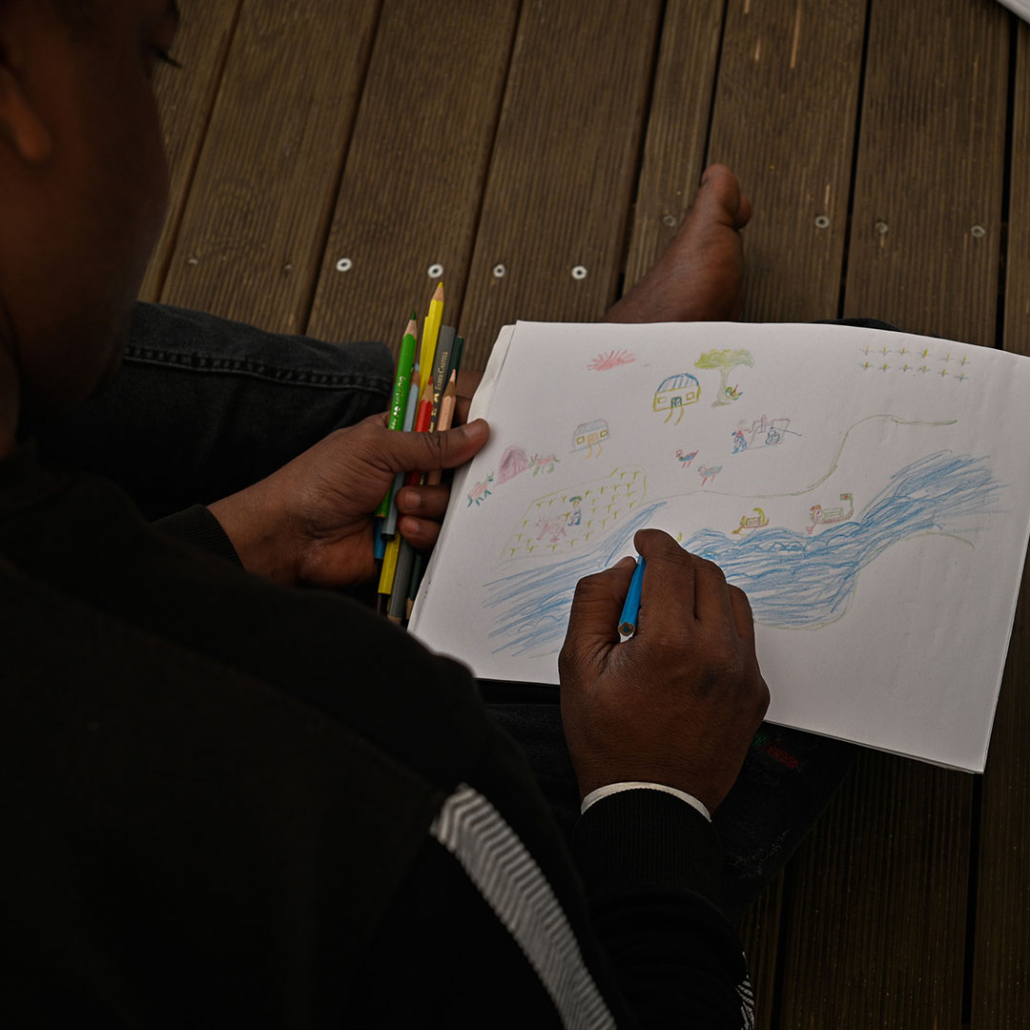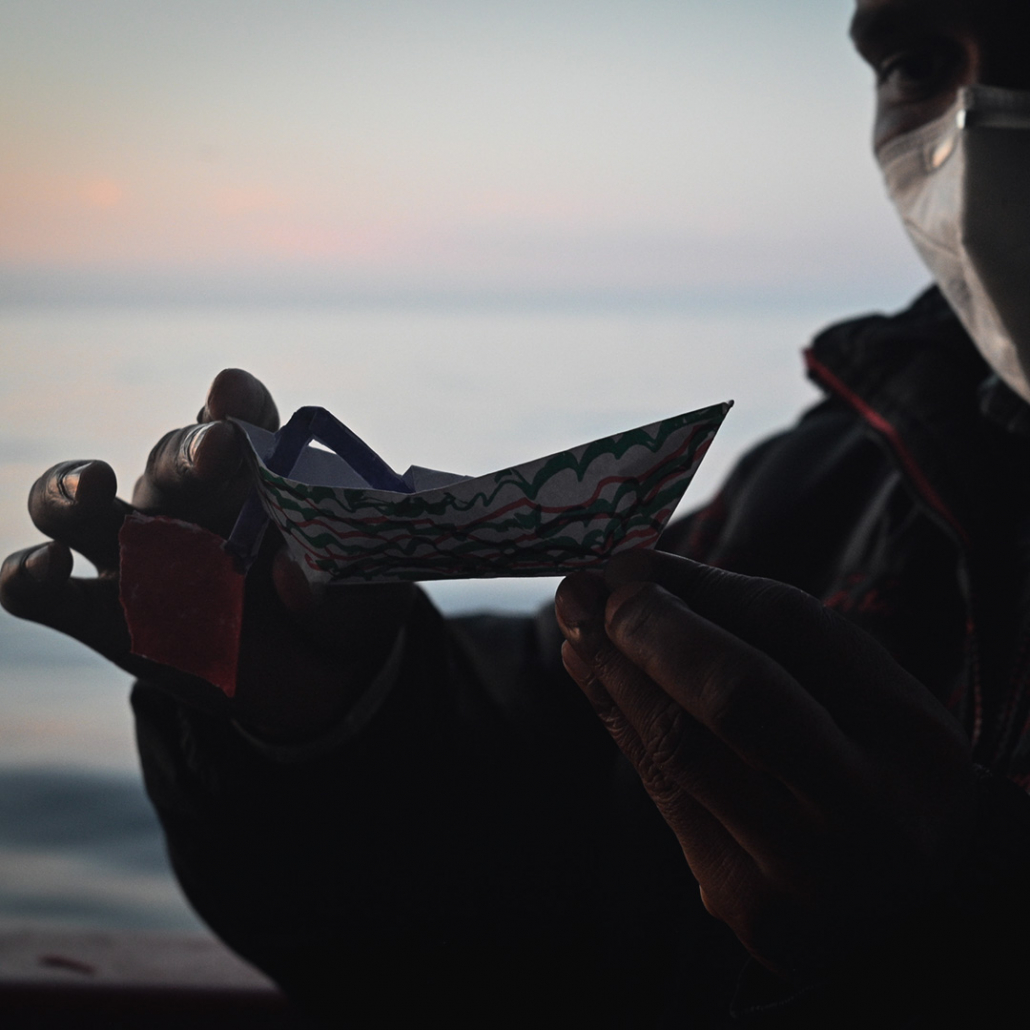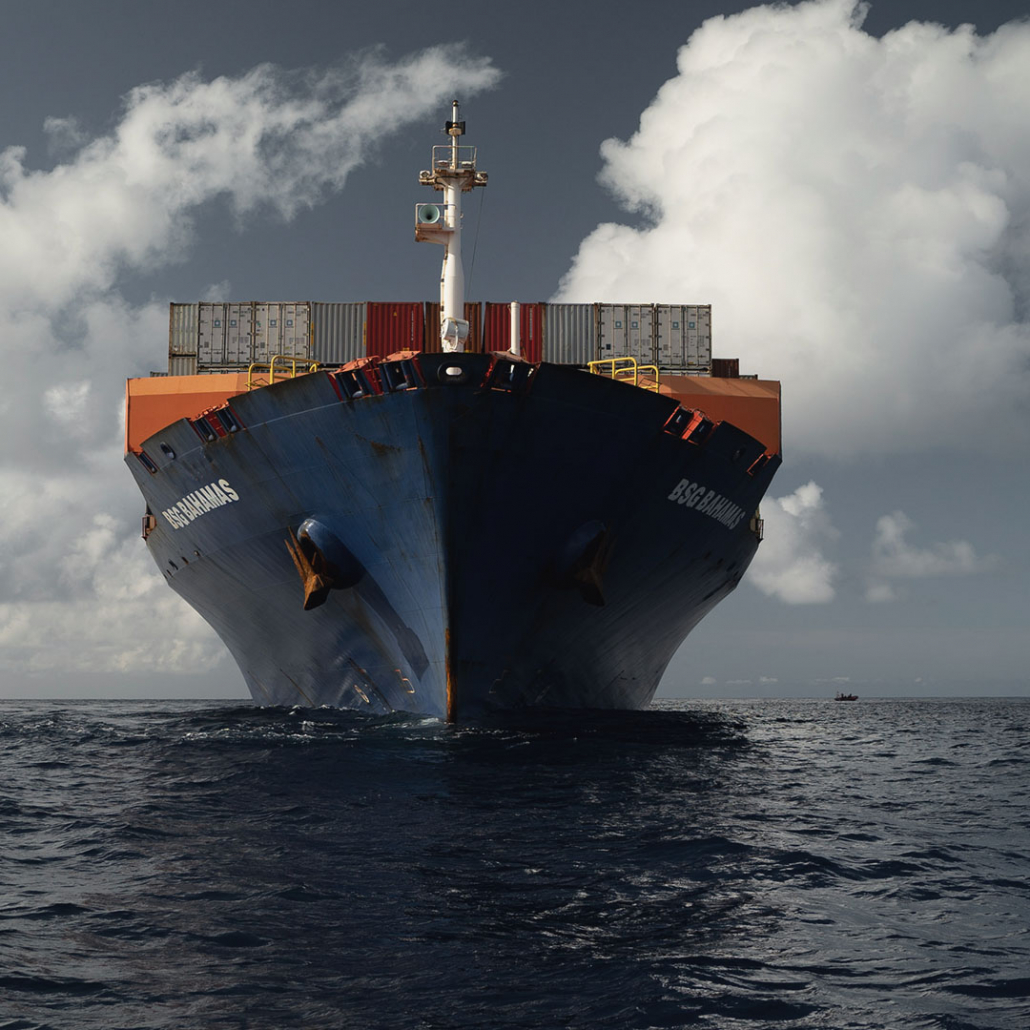Future rescue missions at risk due to increased prices and simultaneous drop in donations
On Sept. 16, 2022, the SEA-EYE 4 arrived in Taranto with 129 rescued people, including 48 unaccompanied minors. The port had been assigned to the rescue ship on Thursday. In the afternoon, the first people, more than half of whom had been on board for 14 days, were able to leave the rescue ship.
During the rescue mission, the crew searched for two maritime emergencies in the Maltese search and rescue zone and in both cases received no assistance from the responsible Rescue Coordination Centre in Malta. One time, when the crew tried to call for information, the Rescue Coordination Centre simply hung up.
The current economic and political situation has led to a decrease in donations of more than 30% for Sea-Eye this year. In connection with the increased prices, especially fuel prices, the finance department and the mission management of Sea-Eye are facing the serious question if and when the next rescue missions can be carried out. So far this year, Sea-Eye has been able to carry out five rescue missions, saving over 800 lives, despite a drop in donations.
“Humanitarian organizations also have to face sharply increased costs. With a simultaneous drop in donations, these are two significant and threatening factors that endanger our further missions. At the same time, our missions are just as important in the fall and winter because periods of bad weather are increasing. Fewer rescue ships mean that fleeing across the Mediterranean becomes more dangerous, because escape attempts from Libya still take place,” says Gorden Isler, chairman of Sea-Eye e. V.
In 2022, an average of four people died every day while fleeing across the Mediterranean.
The parties of the three-way coalition had promised in their coalition agreement to take action in order to improve the situation.
“So far, these are just nice words that don’t help anyone. We do not need appreciations and euphonious promises. The sea rescue organizations finally need substantial support in order to be able to continue saving lives, and political course corrections that contribute to our work becoming superfluous,” Isler criticizes.
In order to be able to maintain rescue operations in the coming months, Sea-Eye, together with supporters including United4Rescue – Gemeinsam Retten e. V. and #LeaveNoOneBehind, has launched a donation doubling campaign: http://sea-eye4.betterplace.org/.
“The authorities are harassing aid organizations and increasing the pressure also financially. This happens because they want to use letting people drown as a deterrent. We must not allow this strategy to work. A wall of dead people is being built and hardly anyone is interested. This is so cruel, this must not be allowed to go down, even in difficult times,” says Erik Marquardt, co-founder of LeaveNoOneBehind, which financially supports Sea-Eye. Erik Marquardt is also a member of the European Parliament’s Greens–European Free Alliance.

